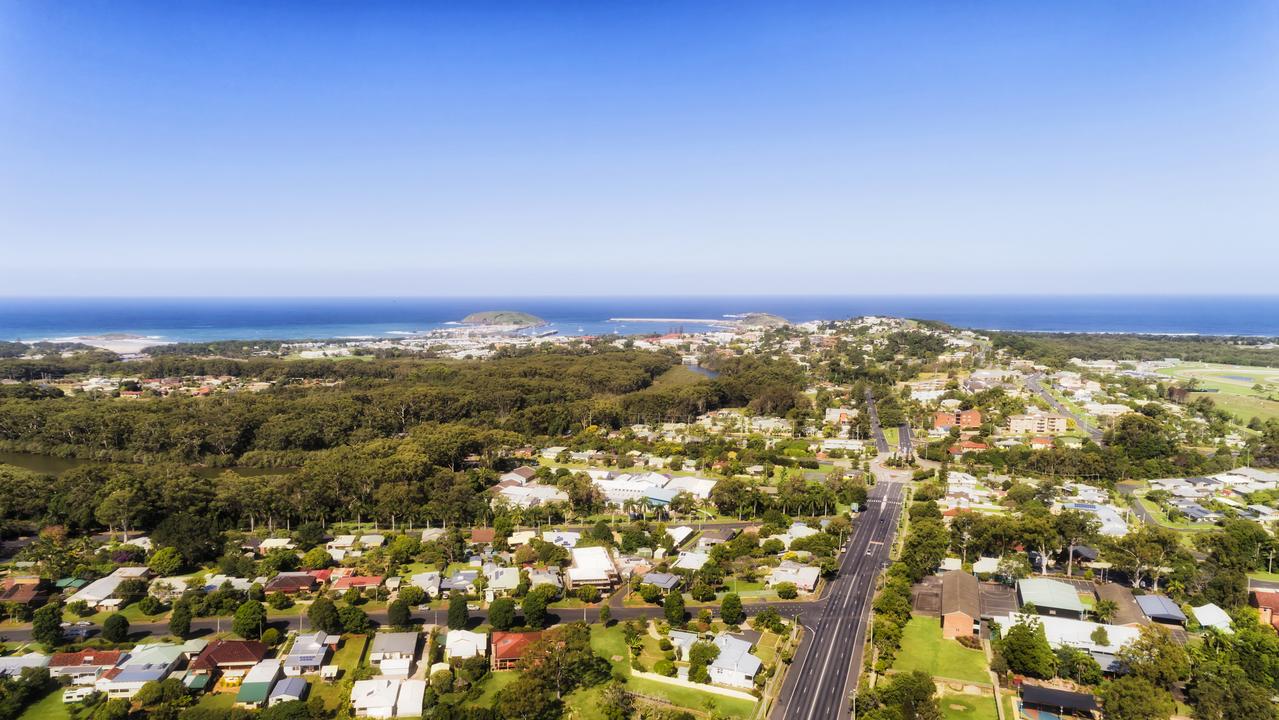Concerning levels of homelessness among women
Staggering figures have been revealed on the number of women in regional NSW who have been homeless in the past five years.

Coffs Harbour
Don't miss out on the headlines from Coffs Harbour. Followed categories will be added to My News.
STAGGERING figures have been revealed through new research on the number of women in regional NSW who have been homeless in the past five years.
YWCA National Housing surveyed 1039 women living on low to moderate incomes across regional Australia to determine their access to affordable housing.
The research found 17% of women living in regional NSW reported having been homeless in the past five years and 1% were homeless at the time the study was conducted in late 2019.
In addition, more than one in five NSW research participants (22%) knew of at least one woman who was currently homeless.
YWCA National Housing and Property Development Director Jan Berriman said the Women's Housing Needs in Regional Australia report revealed higher levels of homelessness than previous studies and statistics.
"One quarter of women who had been homeless, either in the past five years or currently, did not share their situation with any family member or friend, reflecting the likelihood of a much higher level of homelessness than previously understood," Ms Berriman said.
"This is the first national study of women's access to housing outside the nation's capital cities and it clearly shows an urgent need for more safe, secure and affordable accommodation."
NSW had the highest numbers of regional women who reported they had experienced homelessness in the past five years (17%) and South Australia had the lowest (8%). The national average was 12%.
The report found many women sacrificed daily essentials to meet their housing payments with 30% reporting they went without meals in the past year and 44% refraining from heating or cooling their homes.
Ms Berriman said the numbers of women experiencing homelessness were expected to increase in the aftermath of bushfires, droughts and pandemics like COVID-19 because housing and jobs would be lost and rates of domestic and family violence were likely to increase.
"Domestic and family violence is the leading cause of homelessness for women in Australia, and in regional areas the impacts are even more severe because social services and supports may be limited and strained to start with," she said.
"We need to urgently double and diversify affordable housing options in the regions or face a tsunami of homeless women and children."
Ms Berriman said the solution lay in finding innovative, commercially sustainable and affordable housing options.
"YWCA National Housing is pioneering novel housing solutions that involve partnerships with
private operators and build-to-rent projects that provide eligible tenants with options to buy," she said.
"But this research demonstrates we need to innovate on a much larger scale to meet demand.
"Government, philanthropic, corporate and community organisations need to partner to create and increase the supply of social and affordable housing options while funding housing support services across the country."
On the Coffs Coast, Warrina Domestic and Family Violence Specialist Services has experienced an increase in calls for assistance during COVID-19 social isolation.
Domestic and family violence workers are responding to families in crisis where stress, financial worries and general community uncertainty has intensified already volatile relationships.
"We want the community to know that we can work with women to develop a safety plan. This might involve coming up with a way to find safe accommodation if you need to leave due to domestic and family violence. Even in the event of self-isolation. You do not need to be trapped in an unsafe home," Warrina Domestic and Family Violence Services CEO Charlotte Young said.


